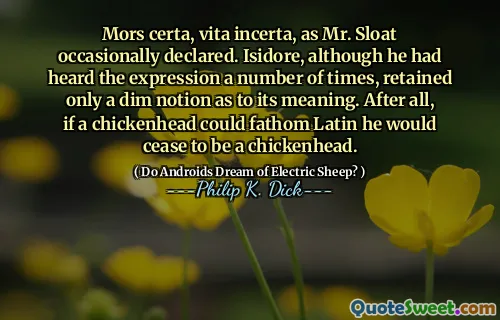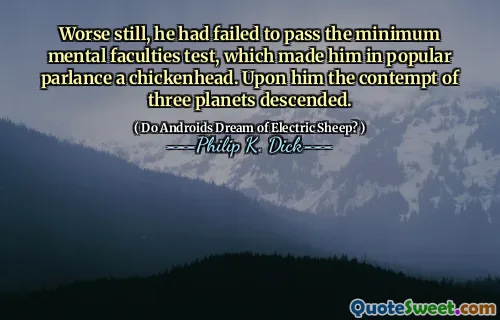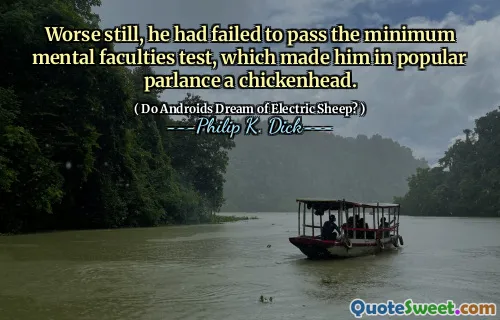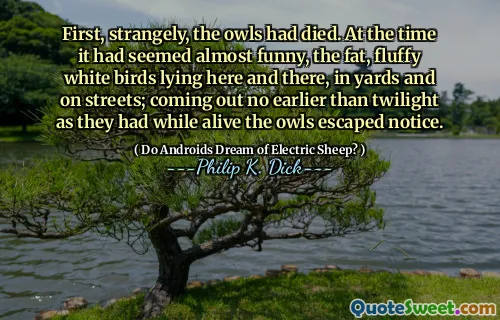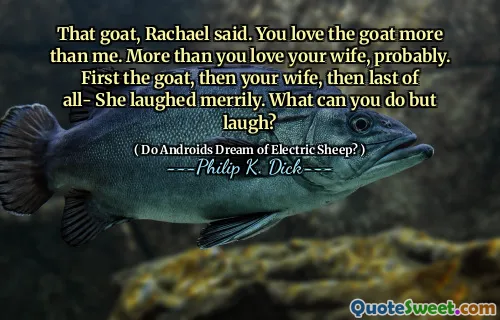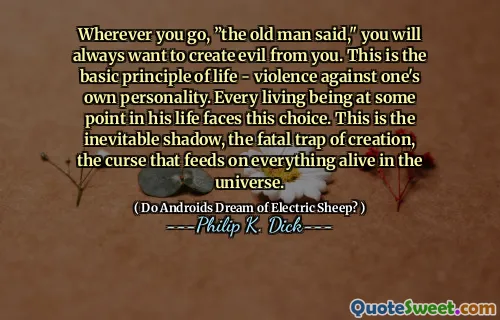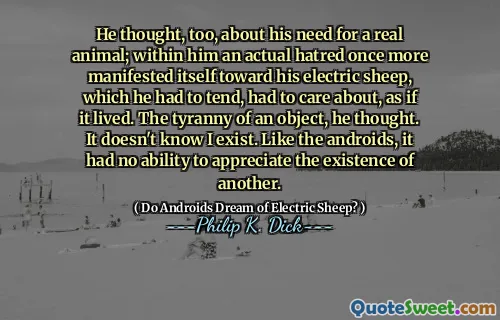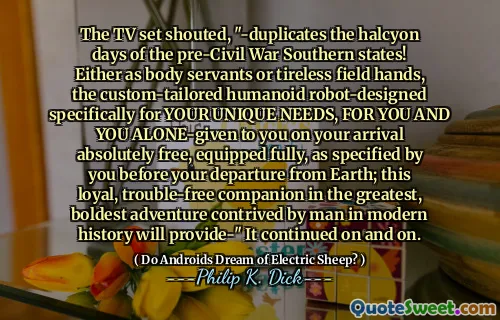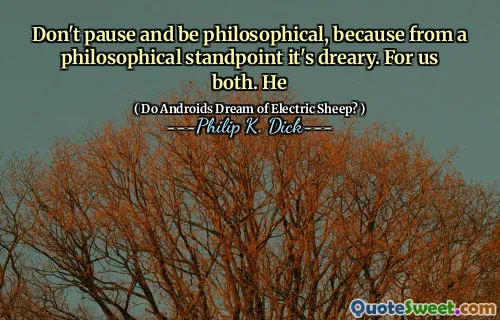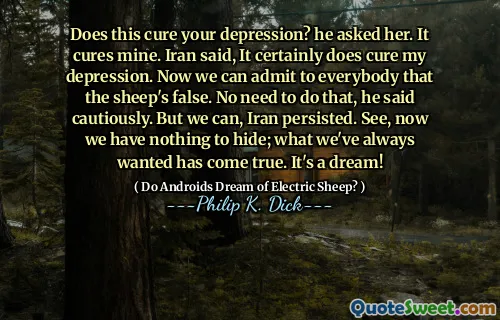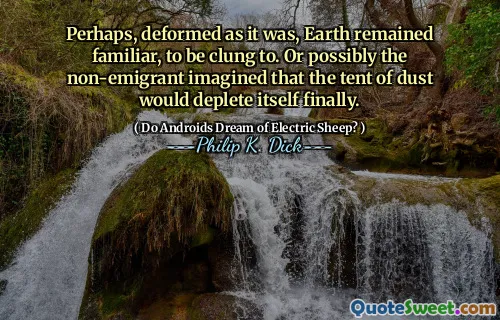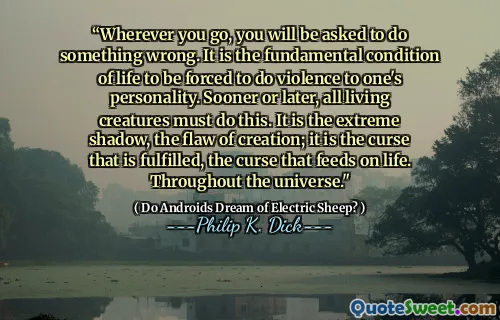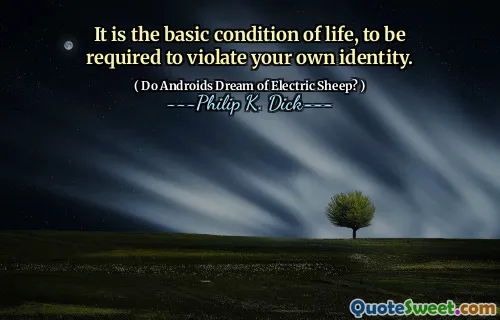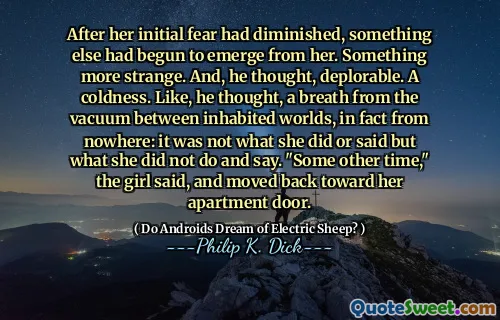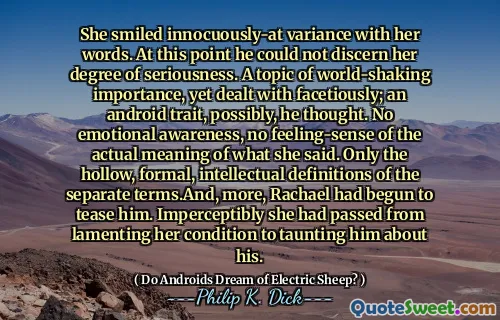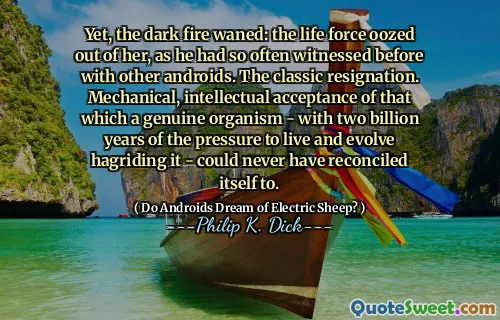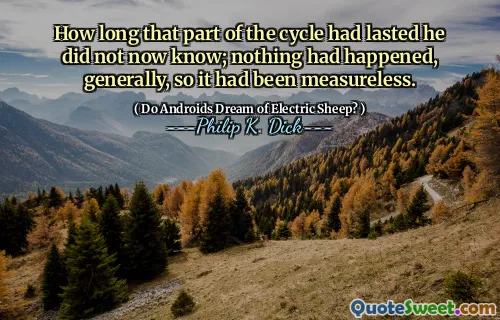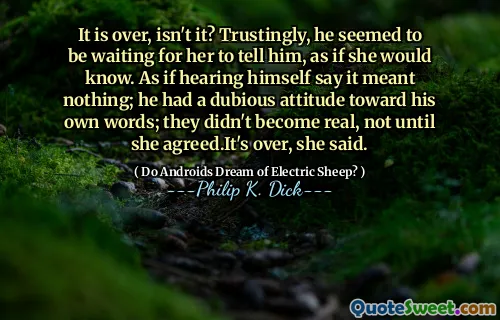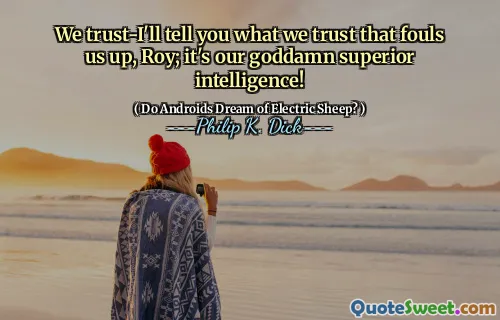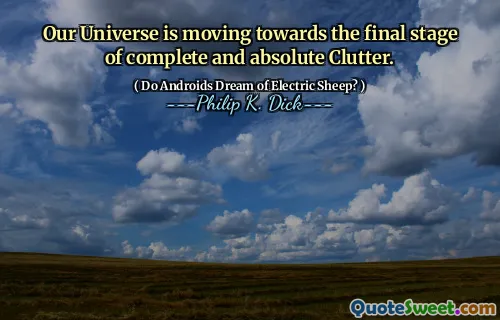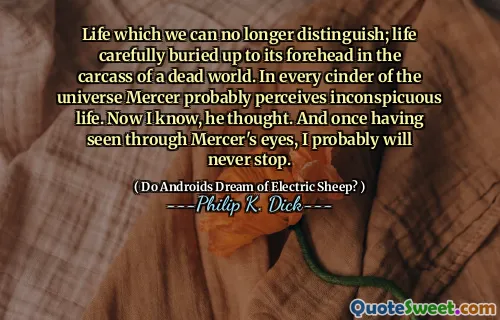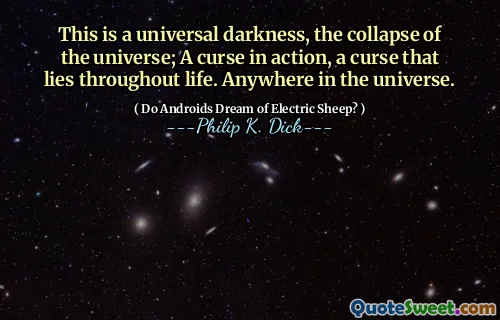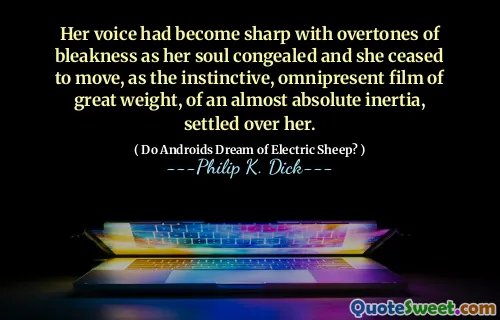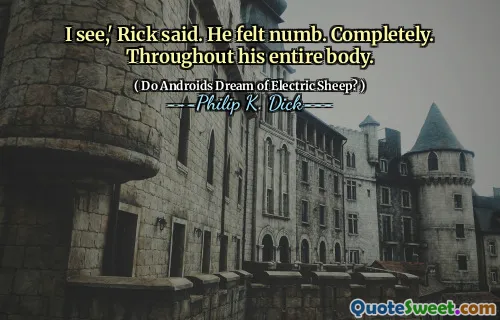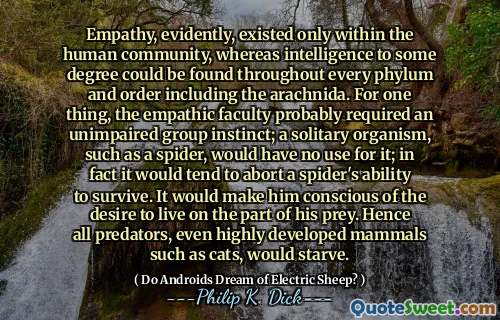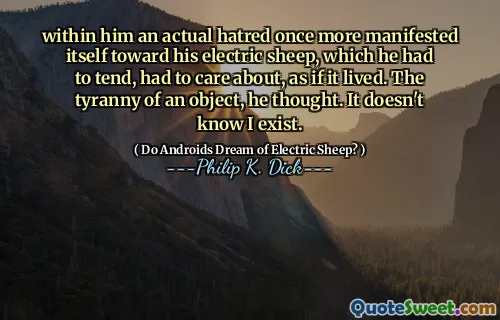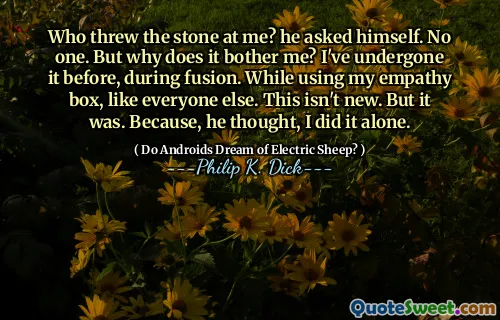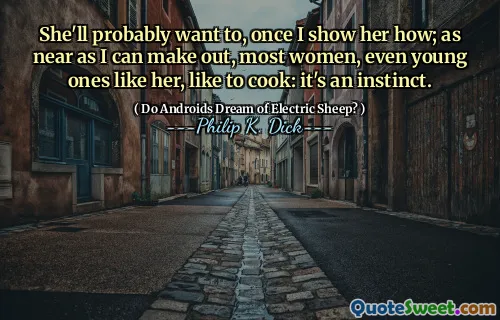Philip K. Dick's novel "Do Androids Dream of Electric Sheep?" explores the blurred lines between humanity and artificial intelligence in a post-apocalyptic world. Set in a future where Earth is ravaged by war and most animals are extinct, the story follows Rick Deckard, a bounty hunter tasked with "retiring" rogue androids that have unlawfully escaped to Earth. These androids are nearly indistinguishable from humans, raising questions about identity and empathy.
As Deckard embarks on his mission, he grapples with his own morality and feelings toward the androids he hunts. The narrative delves into the psychological aspects of what it means to be human, presenting characters that evoke empathy despite being artificial. The androids, programmed to mimic human emotions, force Deckard to confront his own humanity and the nature of his emotions.
The novel also critiques societal values and the impact of technology on human connections. In a world where empathy is commodified and genuine relationships are rare, Dick challenges the reader to consider the implications of a future where humans interact more with machines than with one another. Ultimately, "Do Androids Dream of Electric Sheep?" is a thought-provoking exploration of existence, empathy, and the essence of being human.
Loading...
More »
Today Birthdays
1887 -
Robinson Jeffers
1864 -
George Washington Carver
1936 -
Stephen Ambrose
1953 -
Pat Benatar
1949 -
George Foreman
1945 -
Rod Stewart
1936 -
Robert Woodrow Wilson
1938 -
Donald Knuth
1974 -
Hrithik Roshan
1956 -
Antonio Munoz Molina
1980 -
Sarah Shahi
1936 -
Al Goldstein
1939 -
David Horowitz
1955 -
Michael Schenker
1986 -
Abbey Clancy
1959 -
Chris Van Hollen
1989 -
Emily Meade
